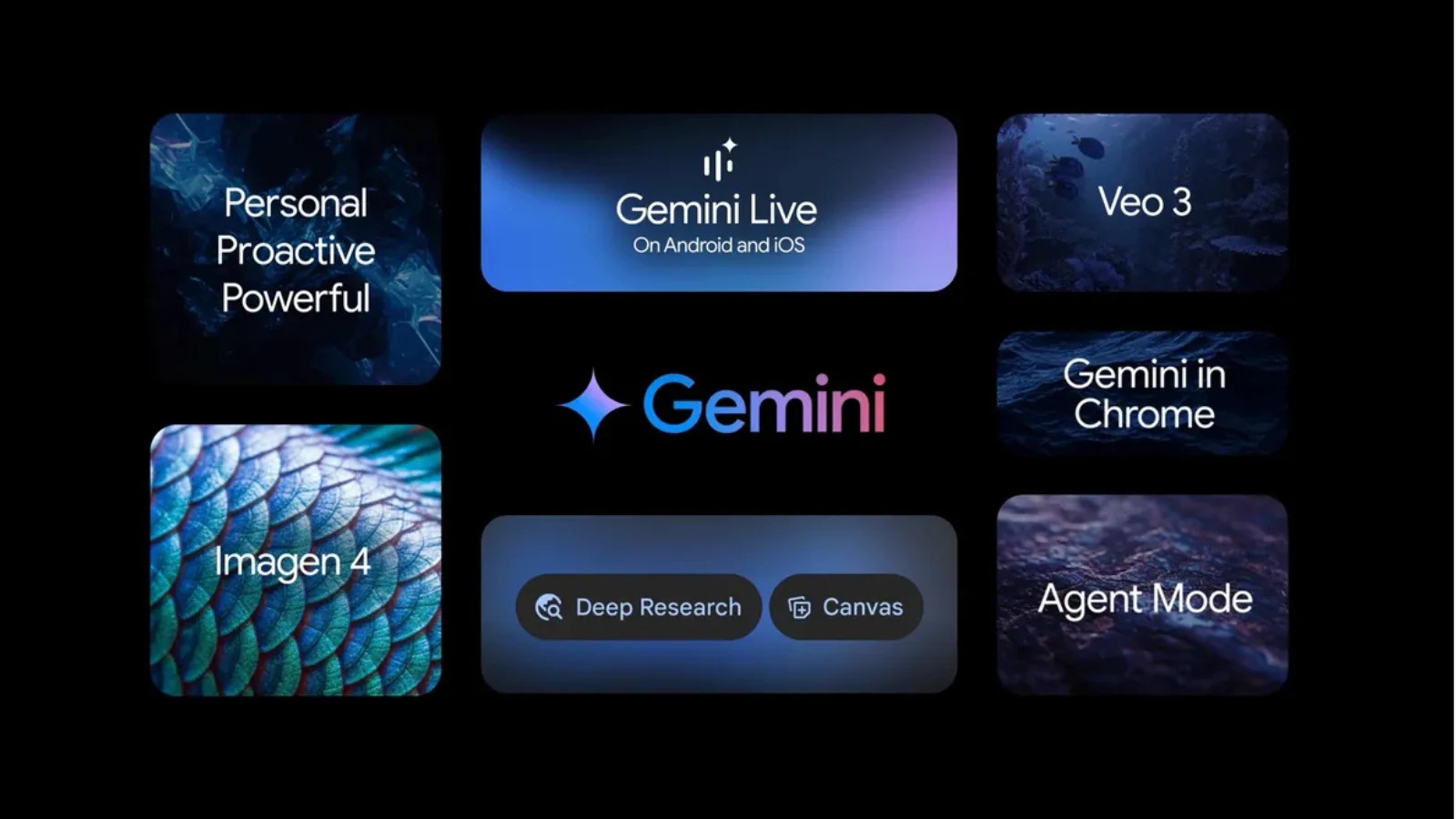
Although cars are much safer—for their occupants at least—than they used to be, that has come at a cost: added weight. The problem is exacerbated in electric vehicles and their heavy battery packs; rare is the EV we’ve driven that weighs less than 5,000 lbs (2,267 kg).
Hence my interest in the Altair Enlighten award, an annual prize for advances in lightweighting and sustainability given out by the AI company together with the Center for Automotive Research, which offers a look at some of the avenues automakers and suppliers are exploring to take some of the weight and carbon footprint out of tomorrow’s new cars.
Lucid Motors has won in two separate categories. It takes the Sustainable Computing prize for speeding up new car development with a way for engineers to test iterated designs within their existing CAD environment rather than having to switch to a different tool. Lucid also won the Responsible AI prize for using AI to help predict crash testing well before the physical prototype stage—this let Lucid reduce the number of iterations it went through and the test waste and materials it used.
The Future of Lightweighting prize went to Vortex CAE, for a “novel holistic topometry based optimizer for the design of lightweight crash structures.” Vortex’s 3D generative design process was able to cut 77 percent of the mass from the body in white while still meeting or exceeding structural performance. Applied to a mass-produced vehicle with a body-in-weight mass reduction of 50 percent, that could mean saving more than a million tons of CO2 from manufacturing, as well as half a billion dollars in raw material costs. Magna took home a runner-up award here for using hemp nylon in place of traditional nylon in car exteriors.
Thin sound deadening
The Enabling Technology prize went to CompositeEdge GmbH and ATA Mute BV for a new kind of sound deadening. Less than a millimeter thick, the material absorbs up to 97 percent of sound, particularly the low frequencies that engineers want to keep out of the cockpit.
Geely and Syensqo’s clever stator cooling system took the Module Lightweighting prize. The Model PPA stator cooling system uses plastic instead of metal, reducing its cost by 36 percent and its mass by 47 percent compared to a metal version.
Marelli’s adhesive wastewater recovery process won the award for Sustainable Process. Many car parts are glued together rather than riveted, screwed, or bolted, and the robots and spray guns that apply those bonding agents need to be cleaned. Marelli’s system uses a three-part chemical agent to separate adhesive waste from the cleaning water. Eighty-five percent of the cleaning water can be recovered and reused (for non-potable uses), reducing Marelli’s water consumption by thousands of liters.
The Sustainable Product award goes to Nio and AkzoNobel for a new coating applied to the bottom plate of a battery pack. Nio is one of the few EV makers to have swappable battery packs, and this new coating lasts three times longer (now 15 years) while being 90 percent thinner than the one it replaces. That saves 4.9 lbs (2.2 kg) per pack while also replacing a non-recyclable material that gave off volatile organic compounds with one that can be recycled and does not off-gas. The new coating has been in use since 2024 in Nio, Onvo, and Firefly EVs.



